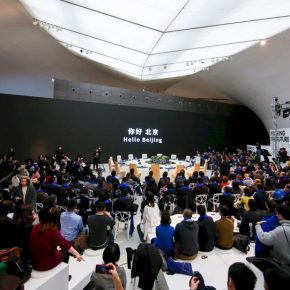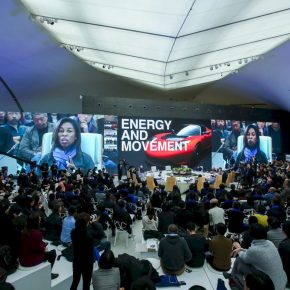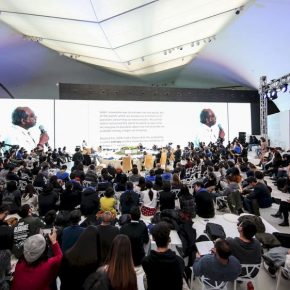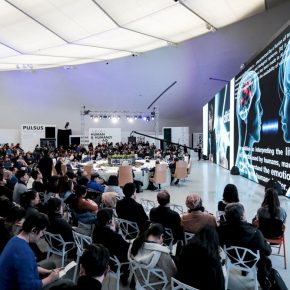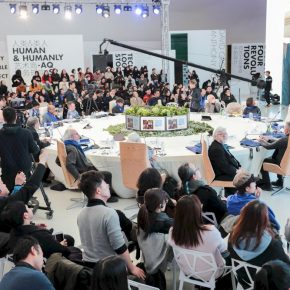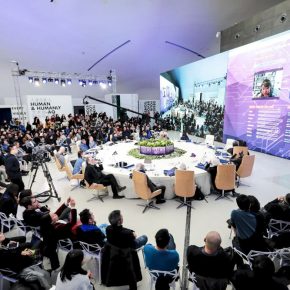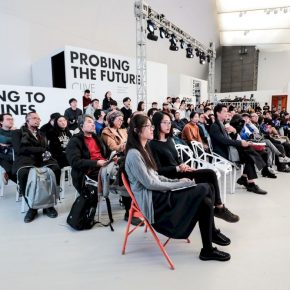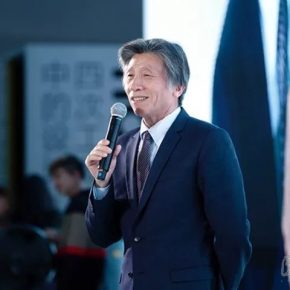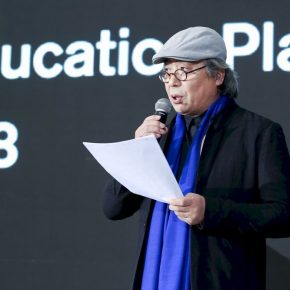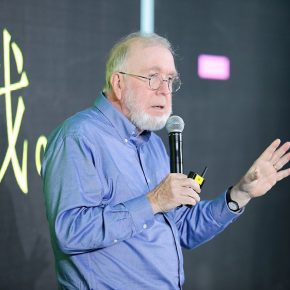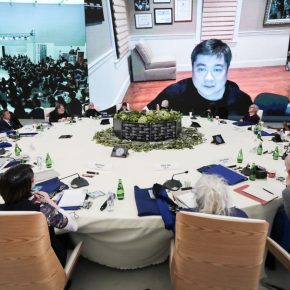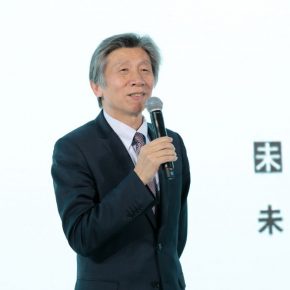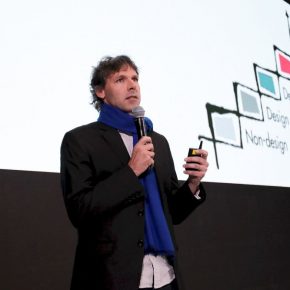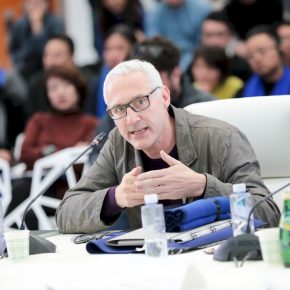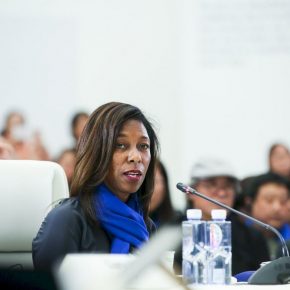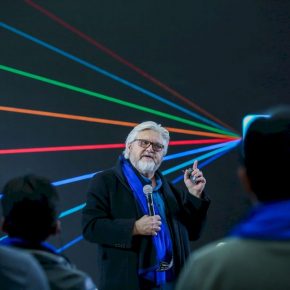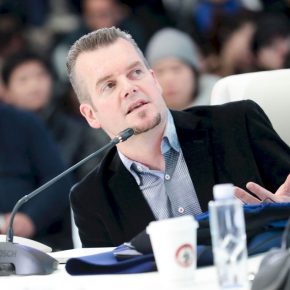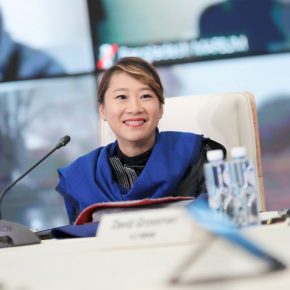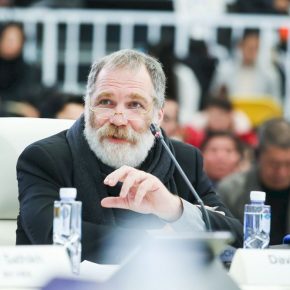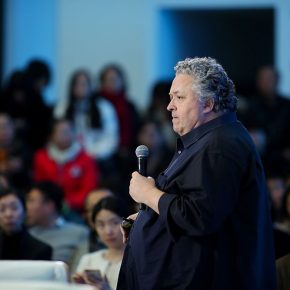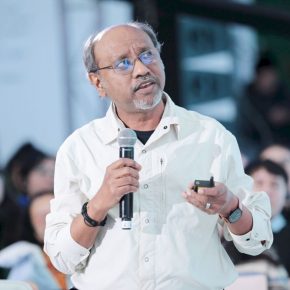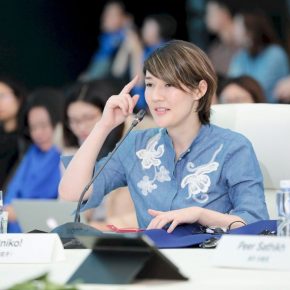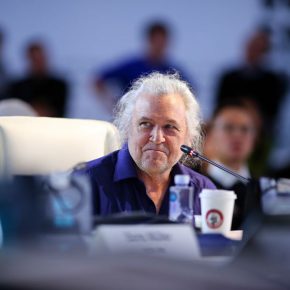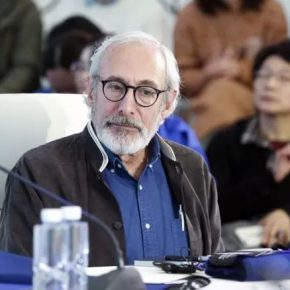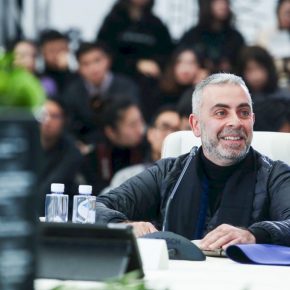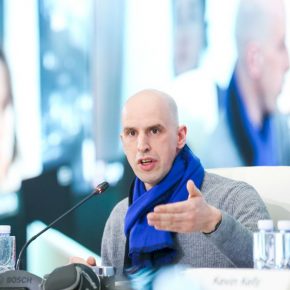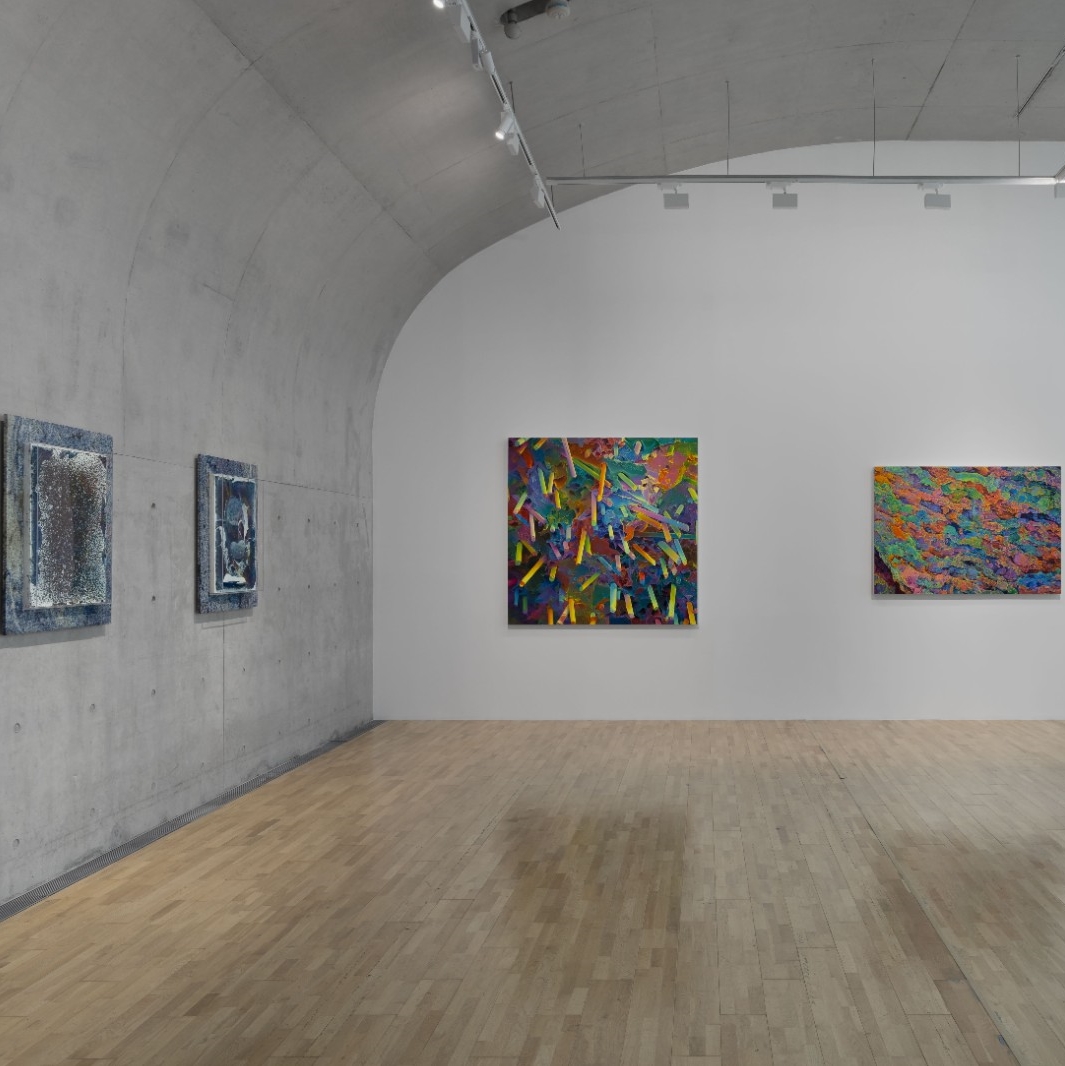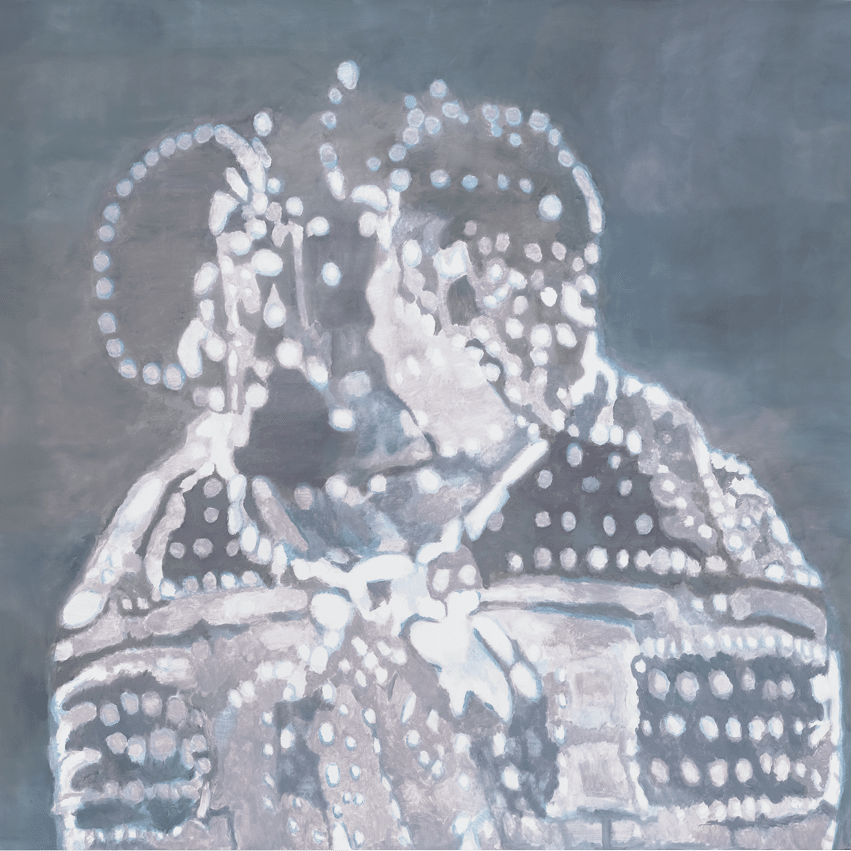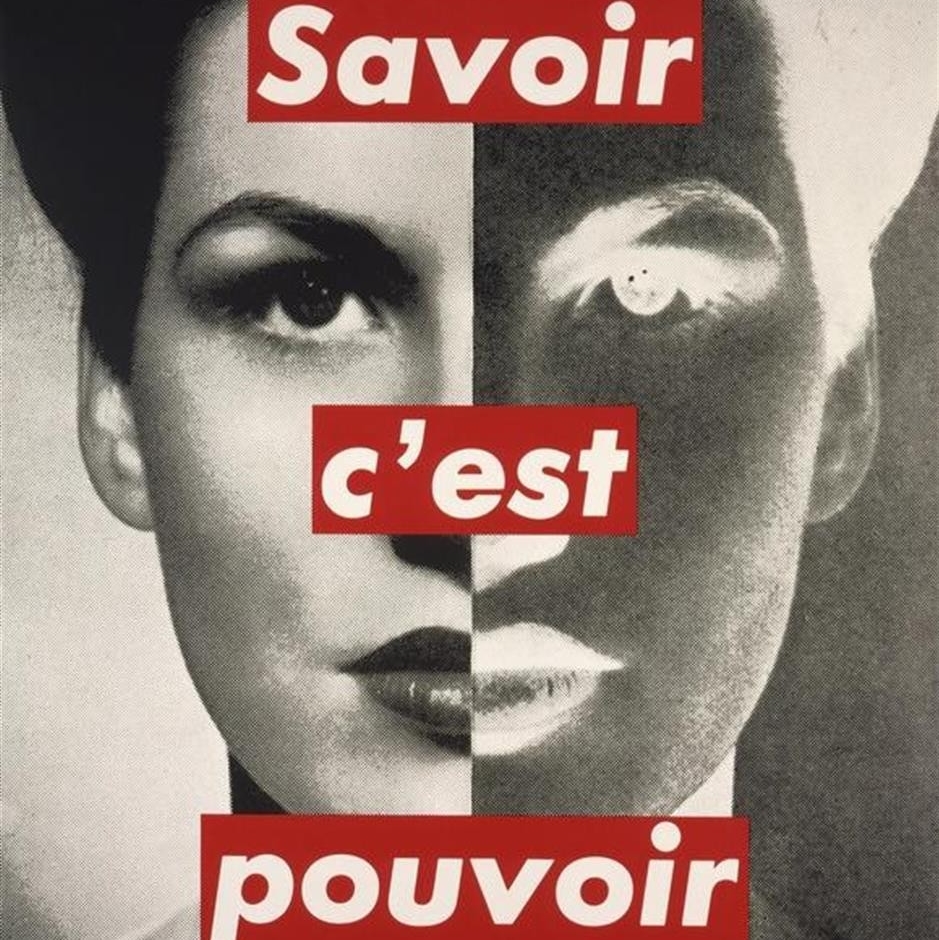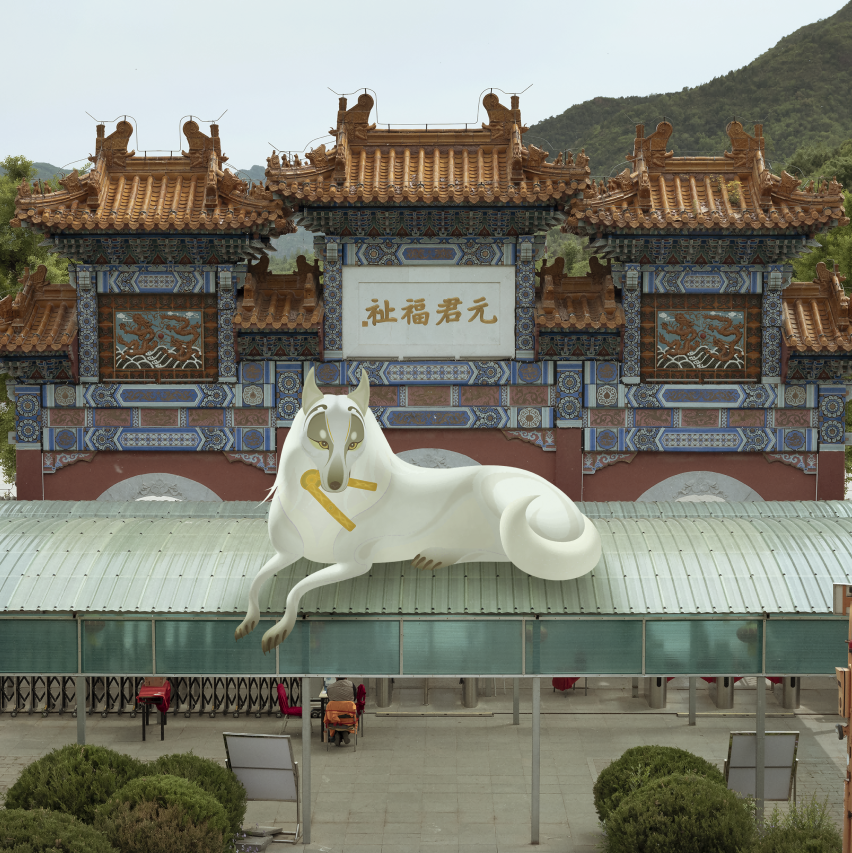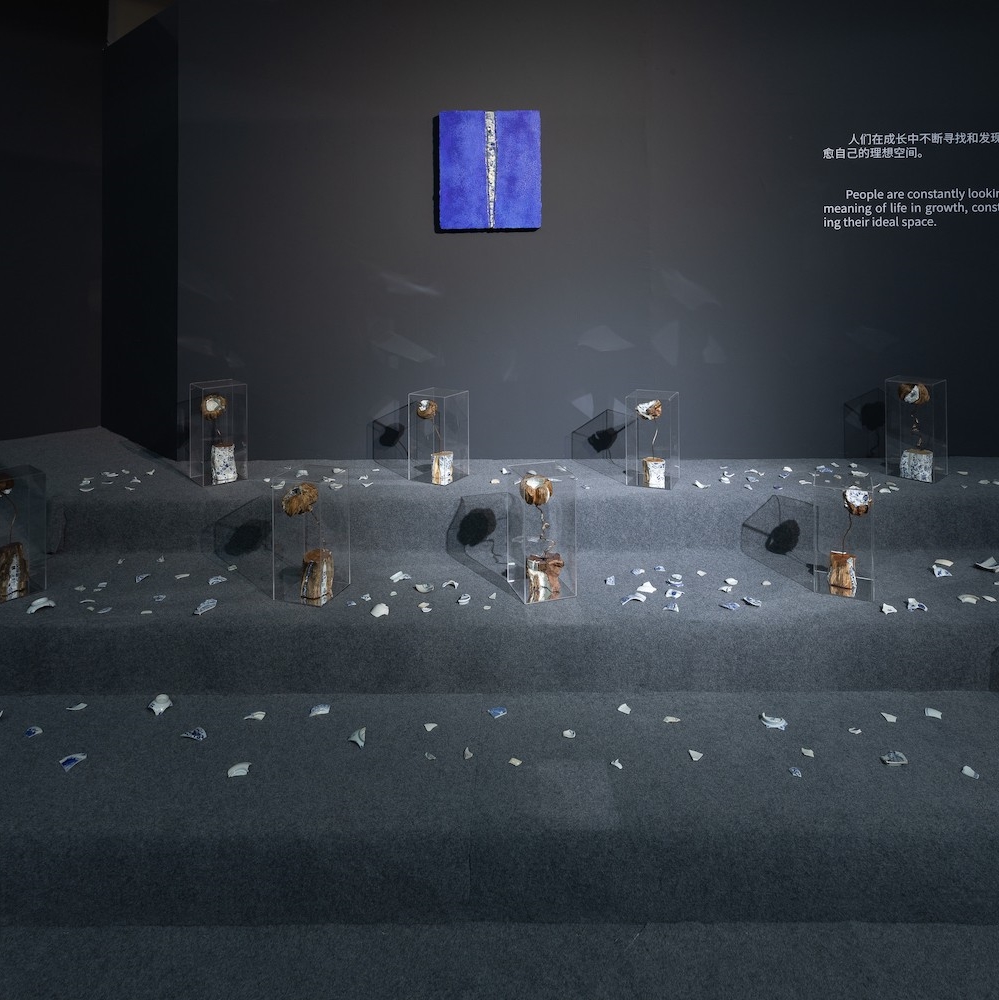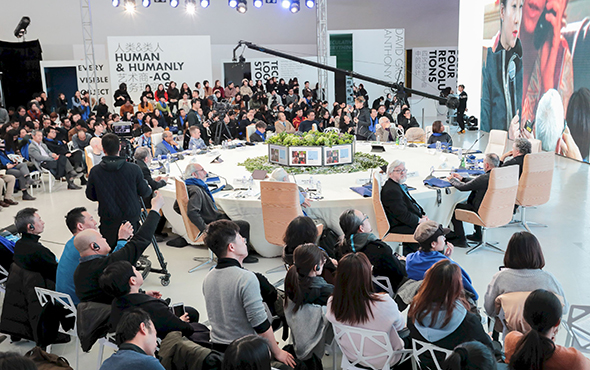
On the morning of December 3, 2017, Future Unknown Global Education Plan: “Compulsive Innovation” Round Table, organized by the Central Academy of Fine Arts, had a grand opening at CAFA Art Museum. A total of 16 speakers and guests from the United States, Canada, the United Kingdom, Germany, Spain, South Africa, Israel, Japan, Singapore, Hong Kong and Mainland China, including Kevin Kelly, Founding Editor of Wired magazine, Joichi Ito, Director of the MIT Media Lab, and Fan Di’an, President of the China Central Academy of Fine Arts, participated in a two-day interactive online seminar.
Clive van Heerden, IED Madrid in Spain, Aiyemobisi William, Massive Change Network in the United States, David Gersten, The Irwin S. Chanin School of Architecture of The Cooper Union in the United States, Anthony Dunne, The New School in New York, the United States, Pascale Fung, the Hong Kong University of Science & Technology in China, Richard Perez, the University of Cape Town in South Africa, Ashley Hall, Royal College of Art in the United Kingdom, Peer Sathikh, Nanyang Technological University in Singapore, Boris Müller, the Potsdam University of Applied Sciences in Germany, David Grossman, the International Council of Design, Allen Sayegh, Harvard School of Design in the United States, Sputniko! (Hiromi Ozaki), the University of Tokyo in Japan, Gary Hill, American contemporary artist, Bruce Mau, CEO of Massive Change Network in the United States, Gao Hong, Party Secretary of the China Central Academy of Fine Arts, Su Xinping, Vice President of the China Central Academy of Fine Arts, as well as heads & teachers from the relevant departments attended the opening ceremony. The opening ceremony was presided over by Song Xiewei, Dean of the School of Design, the China Central Academy of Fine Arts and head of the “Chinese Preparatory Committee for the Future Unknown”.
Song Xiewei addressed the opening ceremony and said that, Future Unknown Global Education Plan emerged following the trend, through the integration of global academic wisdom, to eventually promote the sustainable development of worldwide art & design education. Song said that with the development of the times, the relationship between science & technology and human beings has become increasingly complicated. In the face of this future challenge, education has become the forerunner. Building an educational system that can be adapted to the future development is one of the most important and urgent tasks in China and even in the world. The Central Academy of Fine Arts, as a “double-first-rate art academy” constructed by the Ministry of Education, had the responsibility to start the Future Unknown Global Education Plan, in order to realize the educational and cultural development strategy proposed by the country, and taking the educational and cultural mission of the new era.
During the two-day “Thinker Round Table”, the round table guests had discussions on the questions proposed by the students from more than 30 schools including Harvard University in the United Sates, Royal College of Art in the United Kingdom, University of Tokyo in Japan, and China Academy of Art, through an open call on an internet platform, around the topics of “how to make design more diversity and complexity”, “how to solve the contradiction between the traditional ways of thinking and the needs of creating new ways of thinking”, “If the design theory is creating a new thing in a new place, how to design the unknown in the teaching practice” and so on.
Future Unknown is an experimental exploration of art and design education in the future. As an explorer of the reform of Chinese art and design education, with Future Unknown, the Central Academy of Fine Arts seeks to integrate global academic and educational resources in art, design, science and technology and works with them to forge a culturally inclusive and sustainable global art and design education “community”, to build a new model of art and design education in China in the future. Future Unknown Global Education Plan was carried out in three consecutive stages, and they were: Compulsive Innovation, Youth Expressed and Education Absence.
After the activity, the second phase of “Youth Expressed” will be held from December 2017 to May 2018. During this period, the Central Academy of Fine Arts will invite institutions that have raised relevant questions in Compulsive Innovation to carry out in-depth research collaborations. Through a six-month education practice, the research workshops of educators and the educated will make a voice by way of a documentary presentation of their teaching process and achievements.
In September 2018, it will carry out the third phase of “Education Absence”. On the occasion of the Centennial Celebration of the Central Academy of Fine Arts and centered on education leaders and strategy makers, a hundred chancellors/directors/presidents from around the world will be invited to CAFA for an examination of the Youth Expressed teaching practice and a discussion on the design of future education restructuring and strategy.
The “Compulsive Innovation” event invited global institutions and leading scholars, technical experimenters, futurists, design researchers, sociologists and business elites to commonly discuss the topic of “future art and design education”, in the form of keynote speeches and roundtable dialogues, taking the events that influence the times as the start, reviewing the art & design in the contemporary social context, and forged a collaborative and double-win global Future Unknown platform, where experts gathered, intelligence collided and multi-voices were made.
Text by Feng Hanlin, translated by Chen Peihua and edited by Sue/CAFA ART INFO
Photo by the School of Design, the Central Academy of Fine Arts


